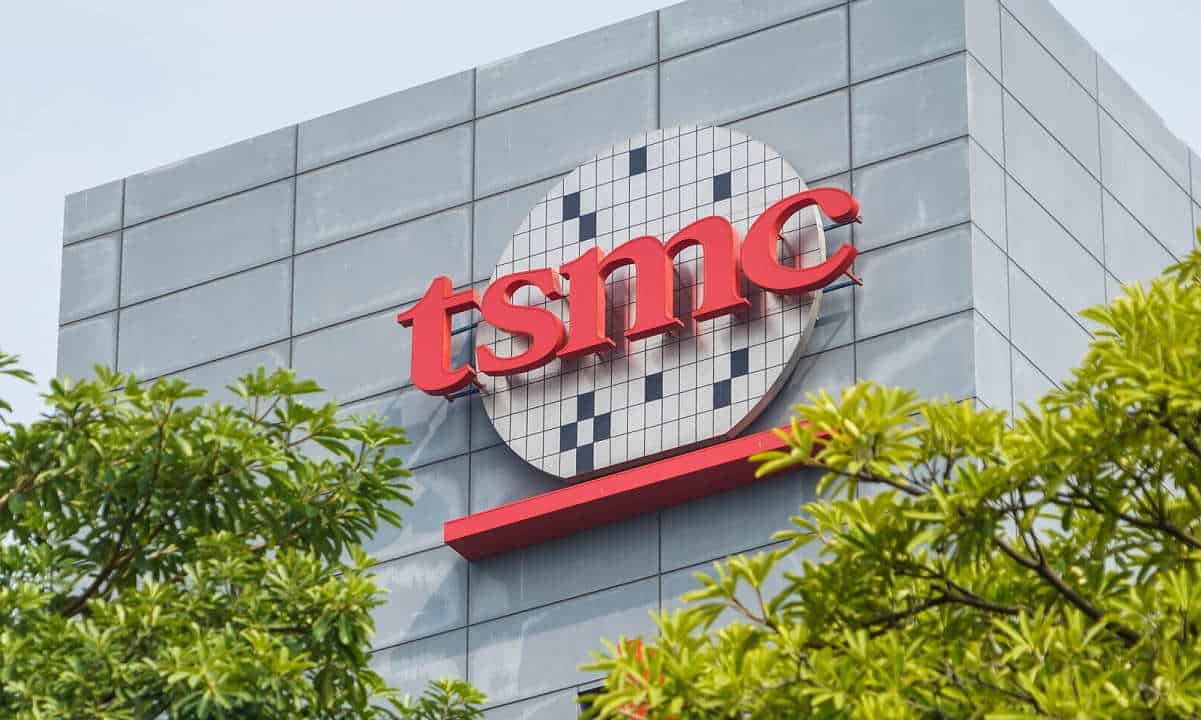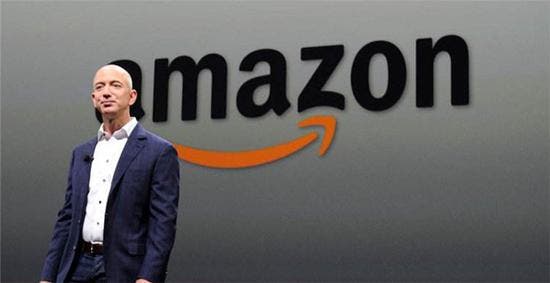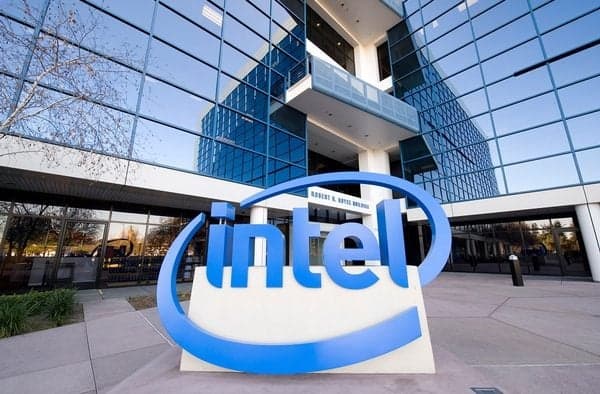Reports out of Taiwan claims that Intel signed an outsourcing contract with TSMC last year and will manufacture chips for CPUs using 3nm technology in the second half of 2022. According to reports, Intel will become TSMC’s second-largest customer on 3-nanometer chips, second only to Apple. According to Bloomberg’s previous report, Intel is negotiating with TSMC and Samsung to discuss the possibility of outsourcing some high-end chips to two manufacturers. Intel’s negotiations with Samsung are said to be in a more preliminary stage.

According to a Bloomberg report, Intel has not made a final decision on outsourcing. The chips or other components that Intel will purchase from TSMC will not enter the market until 2023 at the earliest. These chips will also be based on existing manufacturing processes used by other TSMC customers.
Bloomberg News further claims that TSMC is preparing to provide Intel with chip manufacturing capabilities based on the 4-nanometer process. It will do the preliminary tests with the 5-nanometer process. However, Intel is also in negotiations with Samsung, but these discussions are said to be in a more preliminary stage.
Although it is one of the world’s well-known chip manufacturers, Intel has suffered years of delays, causing it to lag behind its competitors in the industry. Some of these competitors design their own chips but outsource manufacturing to TSMC.
In addition to investor concerns about Intel’s stagnation, Daniel Loeb, chief executive of hedge fund Third Point, urged the chip maker to take strategic action in the face of its decline in December.
As early as 2018, Intel outsourced part of the 14-nanometer chip production to TSMC because of high demand and manufacturing problems. Thus, this will not be the first time that Intel will be outsourcing production to TSMC.
Amazon and Apple abandon Intel chips
Amazon and Apple are currently reducing their dependence on Intel chip technology. For a long time, Intel’s chip technology has dominated most personal computers and large server systems. After abandoning Intel chips, Apple and Amazon began to use more self-developed chips.

Last month, Apple released its latest MacBooks. These devices use Apple’s latest ARM-based M1 chip. In June of this year, Amazon’s cloud computing business also began to promote new computing services. The service also uses ARM-based chips developed by Amazon itself. Amazon told customers that the service is faster than products based on Intel chips. The price is one-fifth cheaper than the latter.
On Tuesday, Amazon released another computing service based on the same chip for corporate users. The company also shared the benefits of users after launching the new service in June. Peter DeSantis, head of computing infrastructure at Amazon Web Services (AWS), said: “The bigger the customer, the more excited they are.”
Follow Gizchina.com on Google News for news and updates in the technology sector.





